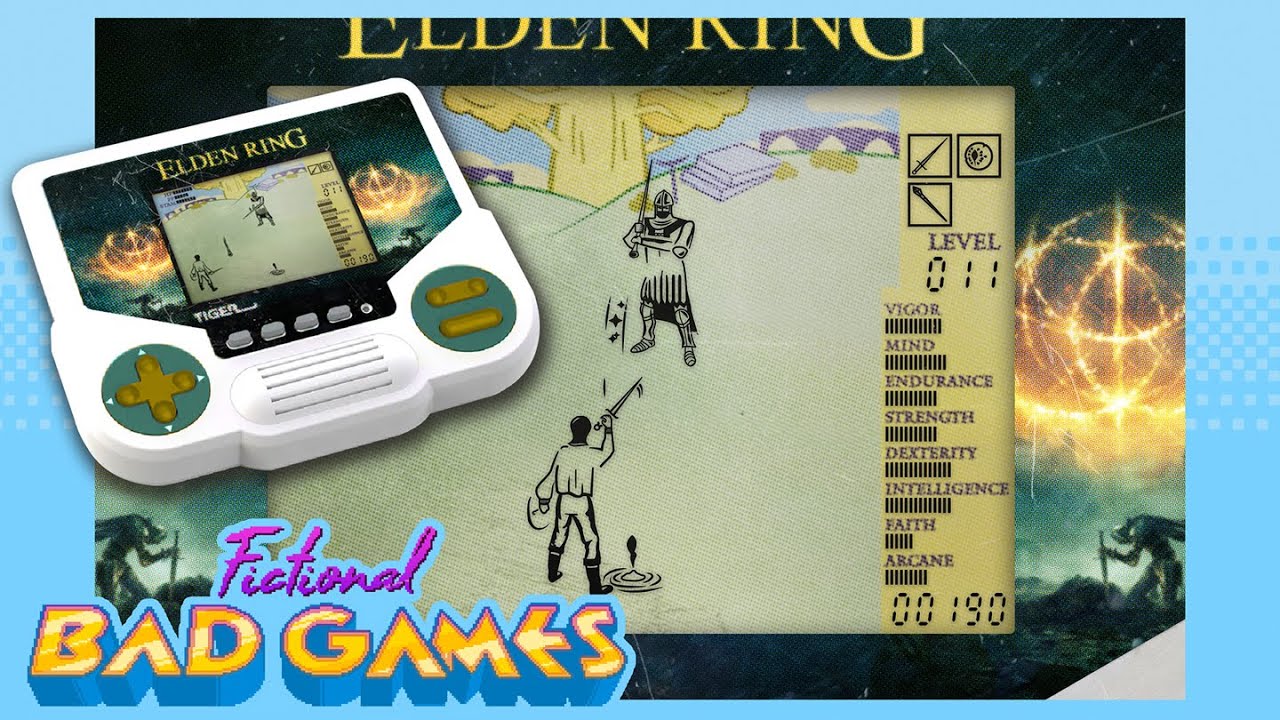Just remember any backup is better than nothing.
This is comforting.
There are several reasons to backup data only and not the full system. First you may be unable to find a computer exactly/enough like the one that broke, and so the old system backup won’t even run. Second, even if you can find an identical enough system, do you want to, or maybe it is time to upgrade anyway - there are pros and cons of arm (raspberry pi) vs x86 servers (there are other obscure options you might want but those are the main ones), and you may want to switch anyway since you have. Third, odds are some of the services need to be upgraded and so you may as well use this forced computer time to apply the upgrade. Last, you may change how many servers you have, should you split services to different computers, or maybe consolidate the services on the system that died to some other server you already have.
Some good things to consider here. Whether or not I’ll want to upgrade will depend on how far this theoretical failure is. If storage fails, I might just replace that and restore the backup. If it’s something more significant than that and we’re 2-3 years down the line, I’ll probably look at an upgrade. If it’s less than that, I might just replace with the same to keep things simple.
I guess one other upside of the full system backup is that I could restore just the data out of it if I decide to upgrade when some hardware fails, but I don’t have the reverse flexibility (to do a full system restore) if I opt for a data-only backup.









Check out Natsu-Mon: 21st Century Summer Kid. It’s not Deck verified, but it’s platinum on ProtonDB, so it should work. I played it on Linux (albeit not on Deck) with no issue.
You just get to be a kid in the summer in a small Japanese town. I grieved when it was over because I wouldn’t get to see all the friends I had made anymore or go fishing or hunt treasure or catch bugs…
So wholesome!